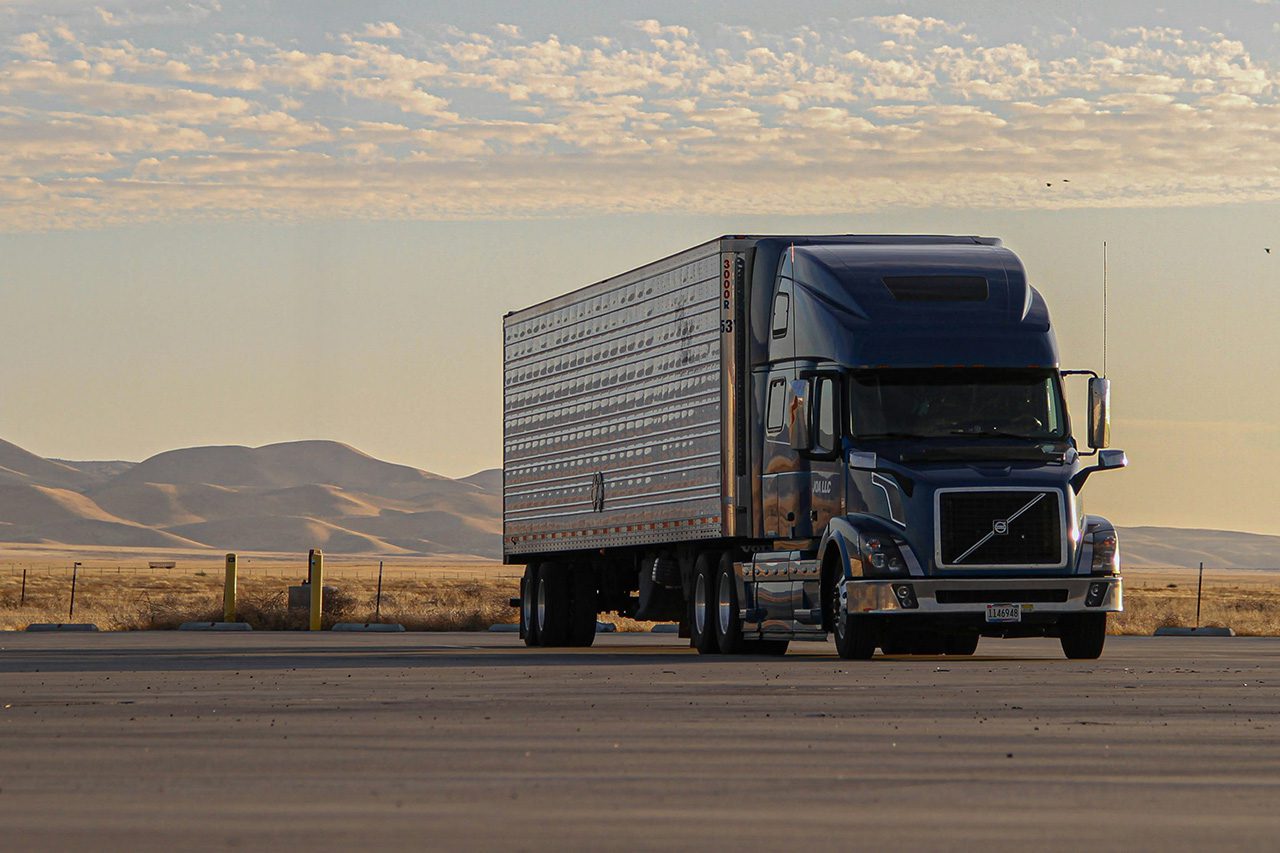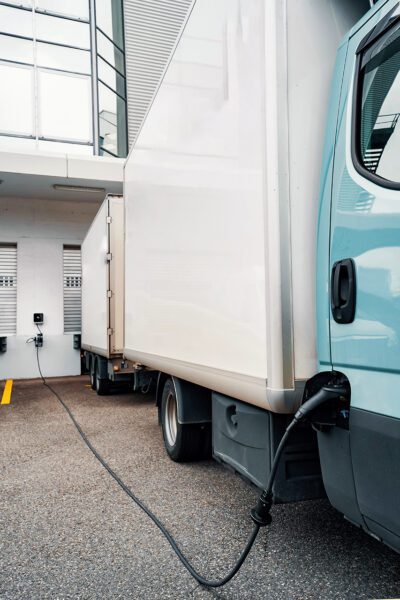The Diversity Dividend: Capital Control in a Multipolar World

Electric Truck in Europe
The road to net-zero is paved with good intentions, but are strict carbon emission regulations combined with dwindling venture capital (VC) funding for clean-tech and sustainability leaving trucking companies without stable footing?
We are witnessing an alarming rise in bankruptcies in 2025. While many factors contribute, the pressure to adopt expensive green technologies amid reduced investment and tighter emission standards seems particularly impactful.
Climate technology investment has sharply declined year-on-year. Driven partly by geopolitical and economic challenges, venture capital funding in this sector dropped by 50% in 2023. Private equity and grants, slightly less affected, still saw a 40% decrease, reverting to funding levels of five years prior. Specifically, since 2013, the heavy-duty vehicle sector has consistently received minor funding shares.
European road transport emissions are forecasted to peak at nearly 800 million tonnes of CO2 in 2025. This high-emission sector significantly surpasses rail and air, accounting for 75% of the region’s inland freight transport and contributing USD 762.41 billion to the economy in 2024.

Given its environmental footprint and economic importance, how can confidence in clean solutions be restored among investors, ensuring trucking companies have a viable path forward? Solutions start by evaluating problem areas, aligning stakeholder priorities, and collaborative action.
Transitioning to green fleets is financially daunting. Electric trucks range between $300,000 to $400,000, substantially pricier than traditional diesel trucks ($120,000 to $150,000). Many trucking firms, particularly smaller ones, cannot afford electric or hydrogen-powered trucks without significant financial assistance, including subsidies, tax breaks, or low-interest loans. The reduced VC funding in clean tech compounds these issues, leaving companies to either shoulder prohibitive costs or risk closure.
The pressure to adopt expensive green technologies amid reduced investment and tighter emission standards seems particularly impactful.
Even if companies can invest in new technologies, supportive infrastructure — charging stations, hydrogen refueling points, and robust battery supply chains — is insufficient. Installing a single EV charging averages $185,000. Without an extensive charging network, electrifying fleets for long-haul routes remains impractical. Investment in grid enhancements and logistics hubs is essential.
 As a short-term solution, investors and public entities could support technologies optimizing fuel consumption. Route optimization software, for instance, helps drivers select routes that reduce fuel use. Analyzing engine statistics alongside driver behavior further highlights fuel-efficient techniques.
As a short-term solution, investors and public entities could support technologies optimizing fuel consumption. Route optimization software, for instance, helps drivers select routes that reduce fuel use. Analyzing engine statistics alongside driver behavior further highlights fuel-efficient techniques.
Emission regulations must coincide with sufficient financial and infrastructural support. Policymakers need balanced approaches, phased adoption plans, realistic compliance timelines, and tangible incentives. Transitional technologies enhancing diesel efficiency could offer practical interim solutions.
VC investors in climate tech prefer software-centric, asset-light solutions promising quick returns. More than 80% focus on AI and ML startups, whereas transportation receives limited attention (approximately 10%). High upfront costs, uncertain short-term returns, and heavy dependence on government policies make trucking electrification and hydrogen infrastructure less appealing.
Additionally, trucking’s green transition relies heavily on government incentives. For instance, Germany led zero-emission heavy-duty vehicle sales in 2024 (40% of the EU-27 total) with €1.16 billion funding covering up to 80% of EV investment costs until 2023. If policies or subsidies shift, investments risk becoming stranded assets — a scenario investors aim to avoid.
Investors favor breakthrough innovations like advanced battery chemistry or autonomous electric trucks, rather than incremental improvements like retrofitting diesel engines. Yet, trucking companies need immediate, practical solutions—not only visionary technologies.
Europe’s trucking industry predominantly comprises small fleets of fewer than 12 trucks. Instead of focusing solely on groundbreaking innovations, investors and regulators must address practical bottlenecks among smaller operators to achieve decarbonization without jeopardizing the industry.
 Incremental support strategies could involve:
Incremental support strategies could involve:
Regulators
Investors
Trucking companies
In conclusion, the road to net-zero demands realistic regulations, practical transitional solutions, shared investment, and adaptive policies. Incremental, lower-risk investments can sustain stable momentum. Trucking companies must leverage existing fleets and technologies to reduce costs and disruptions, optimizing efficiency and sustainability simultaneously. By collaboratively creating supportive environments, investors, regulators, and operators can ensure a viable transition to net-zero.
Related Content
Comments
Deep Dives
RECENT
Editor's Picks
Webinars
News & Events
Subscribe to our newsletter to receive updates about new Magazine content and upcoming webinars, deep dives, and events.
Become a Premium Member to access the full library of webinars and deep dives, exclusive membership portal, member directory, message board, and curated live chats.
At Impact Entrepreneur, we champion fearless, independent journalism and education, spotlighting the inspiring changemakers building the Impact Economy. Diversity, equity, sustainability, and democracy face unprecedented threats from misinformation, powerful interests, and systemic inequities.
We believe a sustainable and equitable future is possible—but we can't achieve it without your help. Our independent voice depends entirely on support from changemakers like you.
Please step up today. Your donation—no matter the size—ensures we continue delivering impactful journalism and education that push boundaries and hold power accountable.
Join us in protecting what truly matters. It only takes a minute to make a real difference.
0 Comments